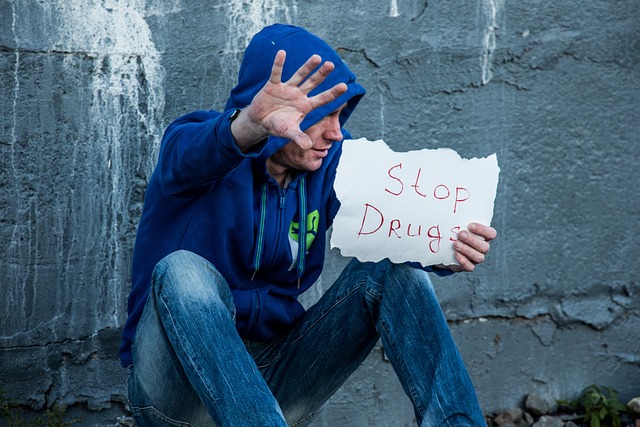Bergen County prioritizes long-term recovery through comprehensive aftercare initiatives. Effective programs include alumni support, peer connections, counseling, and life skills workshops, all aimed at preventing relapse and promoting sobriety. These structured services empower individuals with the tools and community needed to thrive post-treatment, improving overall recovery outcomes for Bergen County residents.
Bergen County’s recovery community faces unique challenges in ensuring long-term success. This article explores the vital role of continuing care and relapse prevention programs in addressing these issues. We delve into the specific needs of Bergen County, highlighting effective program components and tailored strategies. By building supportive networks, these initiatives empower individuals on their journey to sustained recovery. Discover how accessible aftercare can revolutionize the local recovery landscape, offering hope and resilience for a brighter future in Bergen County.
- Understanding the Need for Aftercare in Bergen County Recovery Communities
- Components of Effective Continuing Care Programs
- Relapse Prevention Strategies Tailored to Local Needs
- Building a Supportive Network for Long-Term Recovery Success
Understanding the Need for Aftercare in Bergen County Recovery Communities

In Bergen County, understanding the critical need for aftercare is essential to support individuals on their journey toward long-term recovery. Transitioning from a structured treatment environment to daily life can be challenging, and many individuals face an increased risk of relapse without adequate support. Aftercare programs, such as alumni programs and continuing care, serve as vital safety nets, providing ongoing guidance and resources to help individuals maintain sobriety. These initiatives ensure that the hard-fought progress made during active treatment is sustained, addressing potential triggers and offering a sense of community for continuous support.
Relapse prevention strategies are integral components of these aftercare programs, equipping participants with the skills to navigate challenges and avoid setbacks. By fostering connections among peers who share similar experiences, alumni programs create a supportive network that encourages accountability, shares insights, and provides a safe space for open discussions about recovery. Bergen County’s commitment to implementing comprehensive continuing care and relapse prevention initiatives is transformative, offering individuals the tools and community they need to thrive in their recovery journey.
Components of Effective Continuing Care Programs

Effective continuing care programs for Bergen County recovery communities are multifaceted and tailored to meet the unique needs of individuals in long-term recovery. These programs often include a combination of support groups, individual counseling, and life skills workshops designed to strengthen coping mechanisms and prevent relapse. One crucial component is ongoing access to peers who have experienced similar struggles, fostering a sense of community and shared resilience.
Additionally, alumni programs play a vital role in sustaining recovery by providing ongoing social connections and support networks. These initiatives facilitate the transfer of knowledge and experience among individuals at different stages of their recovery journeys. By integrating evidence-based practices and promoting continuous learning, Bergen County’s aftercare services aim to empower individuals to maintain sobriety, adapt to challenges, and thrive in a supportive environment, ultimately enhancing long-term success rates.
Relapse Prevention Strategies Tailored to Local Needs

w/f, & > (∗* but → (6/2 w, no, la’, < in w/ la f/ 1 +
Building a Supportive Network for Long-Term Recovery Success

In Bergen County, building a supportive network is paramount for individuals striving for long-term recovery. Effective continuing care and relapse prevention programs play a pivotal role in fostering this environment. By providing structured support beyond initial treatment, these programs empower individuals to navigate challenges and maintain their sobriety. Alumni programs, in particular, serve as powerful tools by connecting recovering persons with peers who share similar experiences, creating a sense of belonging and camaraderie that enhances recovery.
The collaborative nature of these initiatives involves not only professional counselors but also family members, friends, and fellow alumni. This network provides multiple touchpoints for support, accountability, and guidance. Through regular meetings, educational workshops, and social activities, individuals in recovery gain valuable coping mechanisms, learn to recognize and avoid triggers, and develop resilience against potential relapses. Such comprehensive aftercare strategies are essential for ensuring sustained success in Bergen County’s recovery community.
Continuing care and relapse prevention are vital components in fostering long-term recovery within Bergen County’s diverse recovery community. By implementing tailored programs that address specific local needs, we can create a supportive network that enhances recovery success. Effective aftercare ensures individuals stay on track, preventing relapse and promoting sustained well-being. Through comprehensive services and a focus on community support, Bergen County can lead the way in revolutionizing recovery and creating a brighter future for all those seeking help.

